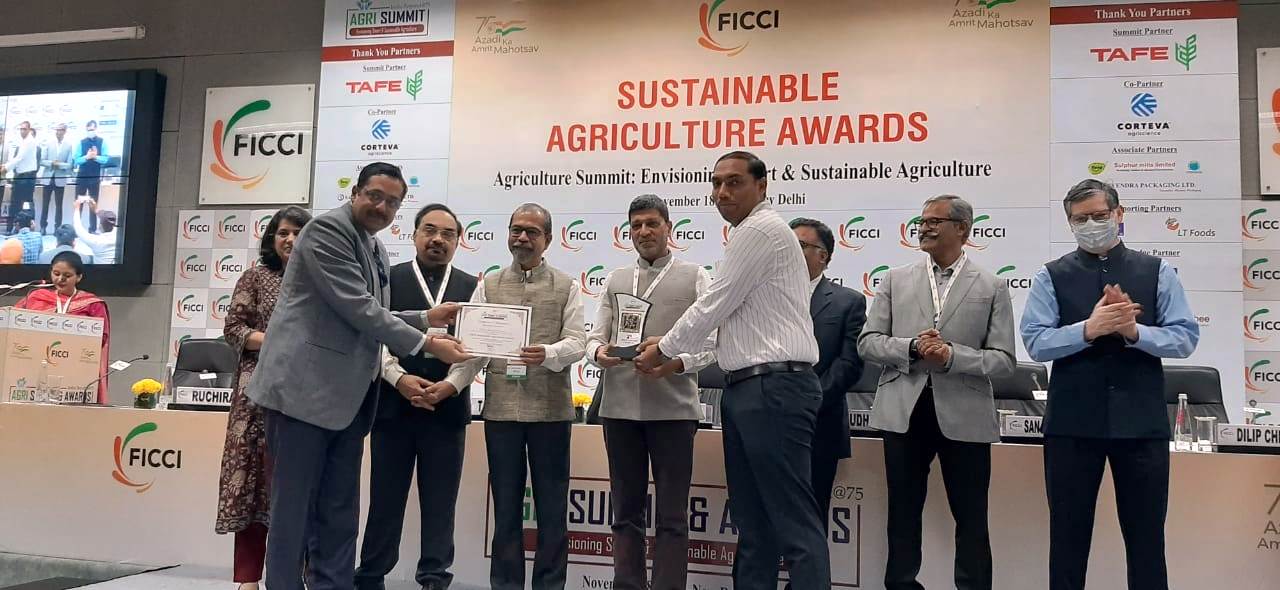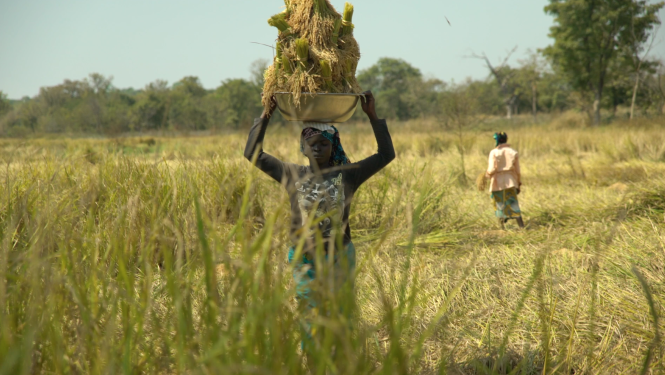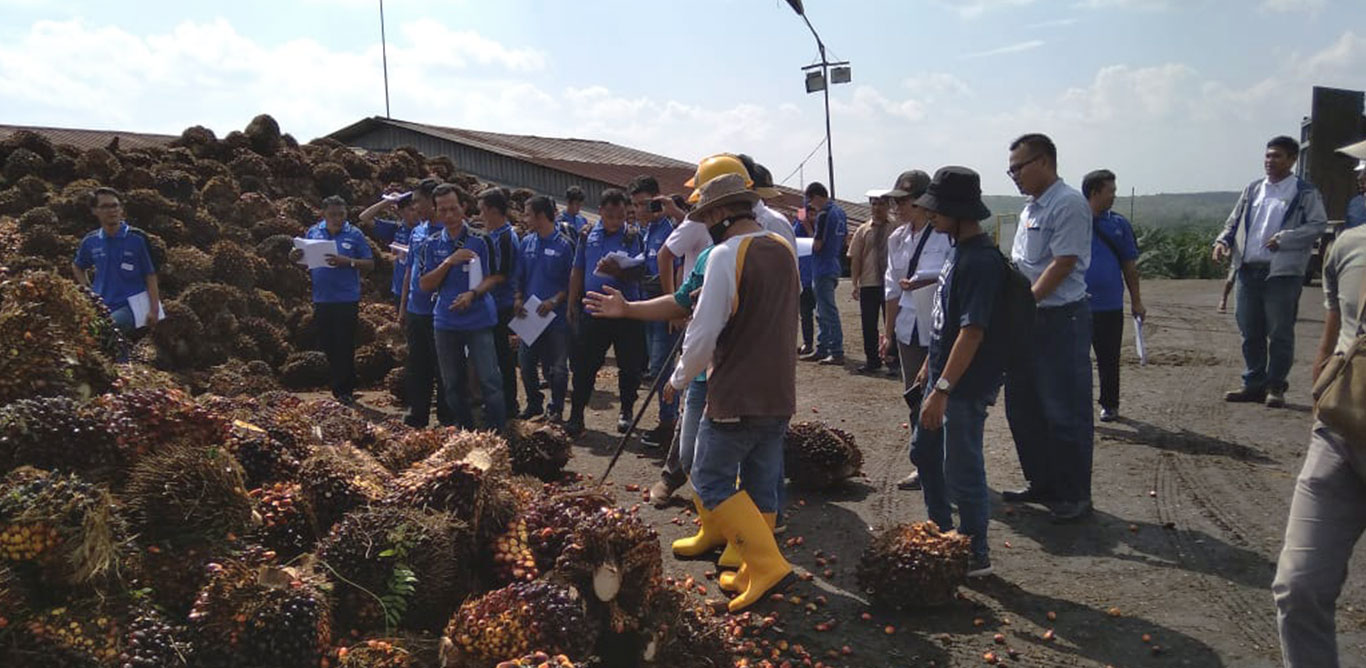Our work
The Foundation’s joint program with Instituto Louis Dreyfus and the University of São Paulo (UNESP) aims to assist local farmers in adopting agroforestry techniques to improve soil quality and diversify production and, as a result, improve their families’ income. This is done through the provision of technical assistance to implement an agroforestry action plan based on a combination of trees, vegetables and fruits that suit the regional context.
Key Impacts
13 families representing 58 beneficiaries received technical assistance to implement agroforestry methods. A total of 5,000 trees, including native species, were planted alongside a variety of vegetables.
About our partner
Created in 2018, Instituto Louis Dreyfus (ILD) is supporting the projects of the Louis Dreyfus Foundation in Brazil. Through the implementation of micro-farming and education projects, the ILD helps improve food security of vulnerable rural communities in Brazil using sustainable agricultural practices.
University of São Paulo (UNESP) is one of the top ranked universities in Brazil with more than 30,000 students graduating every year. Building on its research experience and expertise gained over the last 40 years, UNESP is collaborating with other organization to develop rural areas of São Paulo State.
Project duration
2018-2020



